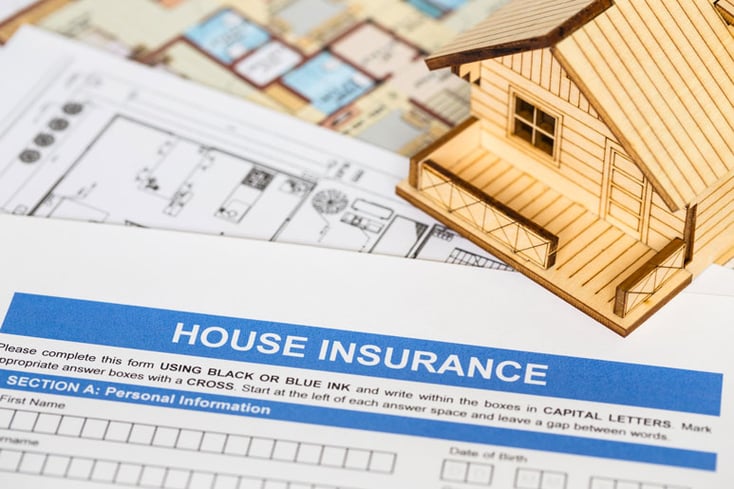Home insurance premium discounts can vary greatly depending on where you live and a number of other criteria. Homeowners insurance is something a homeowner can't avoid, and often it's not something people think about. It's easy to put a policy in place and then never think about it again. However, a home is likely the most valuable asset we will ever own, and it's filled with costly possessions. Homeowner's insurance can cover the value of the building, including upgrades and the worth of belongings within the home.
It's essential to review your homeowner's insurance coverage and how much you're paying for it. Doing so can potentially save you a substantial amount of money.
10 ways you can potentially cut costs on your home insurance
- Shop Around
The first thing you should do to try and cut costs is to shop around. The internet makes it easy to shop around for home insurance. You can also ask friends for their suggestions for local agents to get quotes. When shopping around, make sure you are comparing rates that have the same comparables. Don't just go with the lowest cost as you may not have enough coverage or have a higher deductible than you can afford. - Increase Your Deductible
What is a deductible? It is the money you must pay toward a loss before the insurance company will start paying for a claim of that loss. At most insurance companies, the higher your deductible, the lower the cost of your insurance premium. The Insurance Information Institute states that raising your deductible from $500 to $1,000 could slash your insurance premium up to 25 percent. That can equate to a substantial annual savings without taking on much more additional risk. - Bundle Your Home and Auto Policies
Bundling your home and auto insurance policies with one provider could save you on overall premium costs. Many companies offer discounts ranging from 5% to 15% if you buy both home and auto policies from them. Shop around and make sure the price is lower than buying the two policies individually from two different agencies before making this move. - Eliminate Unnecessary Coverage
Evaluate your policy and identify and even eliminate any coverage you no longer need. However, be sure that you have enough coverage to be able to replace your home's structure and contents. Speak to your insurance agent about home rebuilding costs. In the event major damage occurs, you want enough to make sure you have can rebuild your home. Not having enough coverage will result in you having to pay out of pocket to rebuild your home, which could be enormously expensive. - Decide Carefully About Making a Claim
Submitting a claim against your home insurance can increase your premium. Plus, making too many claims against your policy could result in the cancellation of that policy. If it is a minor claim and you can afford to pay for it out-of-pocket, you should probably pay for it yourself. - Improve Your Home Security
Many companies offer discounts of at least 5 percent for dead-bolt locks, a burglar alarm, and smoke detectors. Some insurance companies offer to discount your premium up to 20 percent if you install an in-home sprinkler system and a fire and burglar alarm system that alerts the police, fire, or other monitoring stations. Be aware that these systems can come with a hefty price tag, plus not every system qualifies for a discount. Check with your insurer before you buy such a system. - Ask for Discounts
When shopping for insurance, ask each agent about potential discounts. Each agency is different, and they each offer various discounts. It never hurts to ask! - Distance from Emergency Services
Many insurance companies offer discounts based upon your home's proximity to fire hydrants, fire stations, and other emergency service locations. Make sure you communicate this information to the agent(s) you're speaking with. - Avoid Risks That Insurers Shun
Today, many insurers shy away from certain risks. Certain types of dogs have been classified as higher risk and may limit or increase the cost of your policy. Trampolines and swimming pools may also increase the cost of your policy. Make sure you talk to your agent to fully understand how these risks can affect your policy. - Pay Your Bill in Full
When your finances allow, paying your bill in full may reduce the total amount you pay. Typically, insurance companies charge you fees when you make monthly insurance payments. Paying in full may result in significant savings! Most insurers provide a variety of payment plans, typically annual, quarterly, and monthly plans. The monthly plan generally is the highest total cost.
Even though insurance costs may be on the rise, there are possible ways in which you can reduce your home insurance costs. Understanding your options is the first step to saving on your homeowner's insurance. Check with your insurance agent before making any changes to your policy, so you don't risk being underinsured!








.png?width=144&height=134&name=2019_PCI_Logo_Footer_10_16_19%20(002).png)
